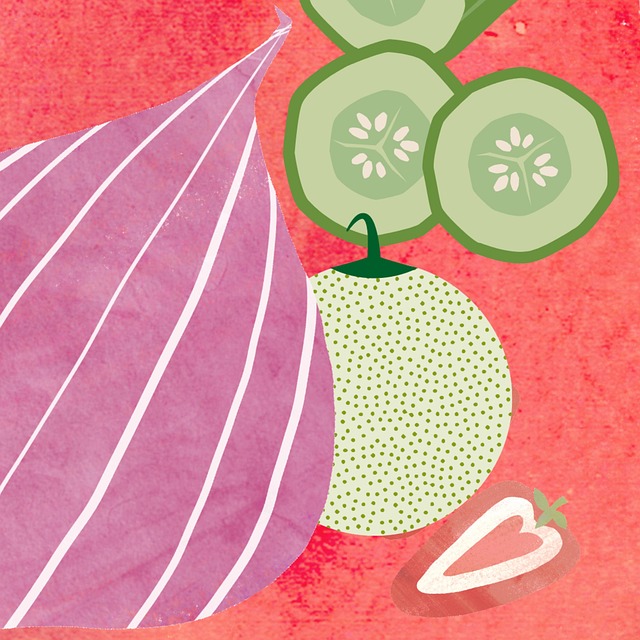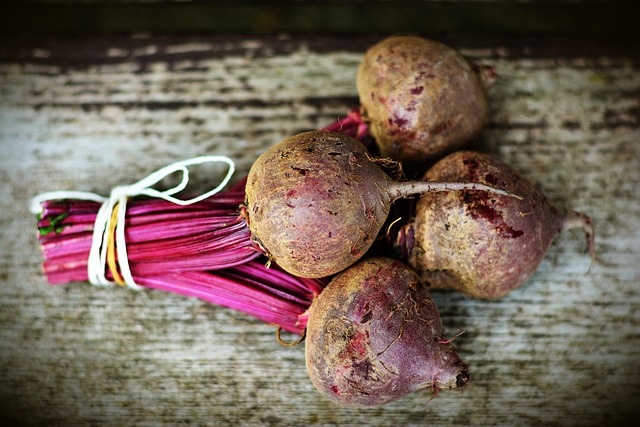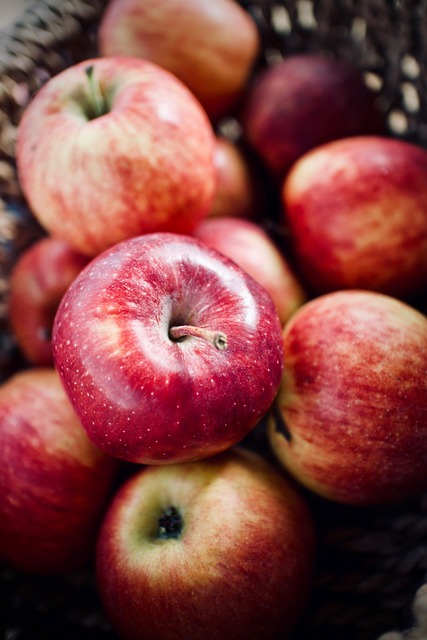Senior health Eugene Oregon requires tailored nutritional approaches addressing age-related changes. Dietitians educate on muscle mass, bone density, diabetes management, portion control, hydration, and balanced diets based on Dietary Guidelines. Community resources like senior centers offer workshops on meal planning, food labels, and fresh produce. Non-profits provide customized meal delivery services. Specialized cooking classes improve dietary habits through social interaction and kitchen confidence.
“In the pursuit of optimal senior health in Eugene, Oregon, understanding and addressing nutritional needs is paramount. This article delves into the unique dietary requirements of the elderly population, offering insights on how to navigate common eating challenges. From local resources for healthy meal planning to specialized cooking classes tailored for elderly nutrition, we explore strategies to enhance the quality of life through balanced diets. By embracing evidence-based guidelines and leveraging available support systems, Eugene’s seniors can achieve robust health.”
- Understanding Senior Nutrition Needs in Eugene Oregon
- Dietary Guidelines for Optimal Aging Health
- Overcoming Common Eating Challenges Among Seniors
- Local Resources for Healthy Meal Planning
- Cooking Classes Tailored for Elderly Nutrition
Understanding Senior Nutrition Needs in Eugene Oregon

Senior citizens in Eugene, Oregon, have unique nutritional needs that often differ from younger adults. As people age, their bodies undergo natural changes that can impact metabolism, appetite, and overall health. For instance, seniors may experience a decrease in muscle mass and bone density, making it crucial to focus on balanced meals rich in proteins and calcium. Additionally, age-related conditions like diabetes, heart disease, or arthritis require specific dietary adjustments to manage symptoms and promote well-being.
Understanding these needs is essential for fostering optimal senior health in Eugene Oregon. Dietitians and healthcare professionals play a vital role in educating seniors about portion control, hydration, and the importance of a varied diet. Tailoring nutritional guidance to individual health status ensures that elderly residents make informed choices, leading to improved quality of life and reduced risk of age-related chronic diseases.
Dietary Guidelines for Optimal Aging Health

Maintaining optimal health as a senior is multifaceted, with nutrition playing a pivotal role. The Dietary Guidelines for Americans, tailored to support healthy aging, emphasize balanced meals rich in fruits, vegetables, whole grains, lean proteins, and low-fat dairy. These guidelines are particularly relevant for seniors in Eugene, Oregon, aiming to combat diet-related health issues prevalent in this demographic.
By focusing on these food groups, seniors can ensure their bodies receive essential nutrients vital for energy production, immune function, bone health, and cardiovascular well-being. Moreover, staying hydrated is crucial, with an increased focus on water intake to support joint mobility and overall organ functionality. Adhering to these dietary principles can significantly contribute to the overall health and quality of life for seniors in Eugene, Oregon.
Overcoming Common Eating Challenges Among Seniors

Many seniors in Eugene, Oregon, face unique challenges when it comes to their diet and nutrition. As people age, they may experience changes in their taste buds, sense of smell, and overall energy levels, which can impact their appetite and food choices. Additionally, physical limitations, such as mobility issues or reduced strength, might make preparing meals more difficult. These factors often lead to reduced food intake and potential nutritional deficiencies, posing significant risks to senior health Eugene Oregon residents’ overall well-being.
Nutrition education plays a pivotal role in helping seniors overcome these challenges. By learning about portion control, simple meal preparation techniques, and the importance of staying hydrated, older adults can maintain a balanced diet. Community resources, such as local senior centers and nutrition programs, offer educational workshops and support groups that cater specifically to these concerns. These initiatives ensure that seniors in Eugene have access to the knowledge and assistance needed to navigate their dietary needs effectively, thereby promoting better health outcomes.
Local Resources for Healthy Meal Planning

Seniors in Eugene, Oregon, have access to a wealth of resources aimed at promoting healthy aging and senior health Eugene Oregon. One critical aspect of maintaining overall wellness is proper nutrition, which can be tailored to individual needs and preferences. Local community centers often host workshops on meal planning for seniors, providing practical tips and guidance on creating balanced and nutritious meals. These sessions cover topics such as understanding dietary requirements unique to older adults, reading food labels, and utilizing local grocery stores’ fresh produce sections effectively.
Additionally, several non-profit organizations in the area offer customized meal delivery services designed specifically for seniors. These programs ensure access to healthy, home-cooked meals, catering to specific dietary restrictions and preferences while promoting proper nutrition and independent living among Eugene’s senior population.
Cooking Classes Tailored for Elderly Nutrition

In Eugene, Oregon, seniors can take advantage of specialized cooking classes designed to enhance their nutritional well-being. These classes focus on simple, healthy recipes tailored to the unique needs and abilities of older adults, addressing a crucial aspect of senior health in the region. The curriculum often includes tips on food safety, portion control, and using ingredients that support vital nutrient intake.
The cooking classes offer more than just culinary skills; they foster social interaction and community building among participants. By engaging in these activities, seniors can improve their dietary habits, boost their confidence in the kitchen, and enjoy the company of peers with similar interests, all while prioritizing their health and well-being.






